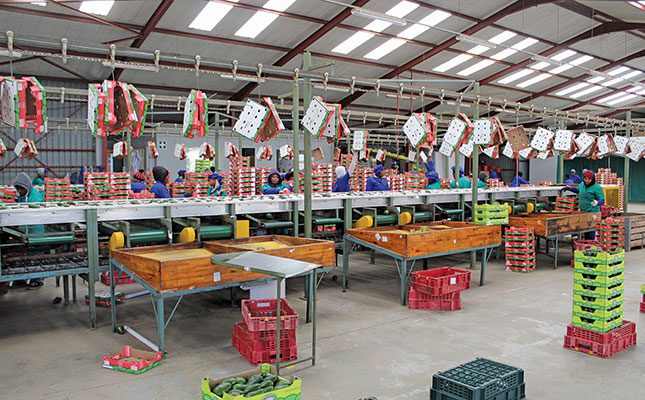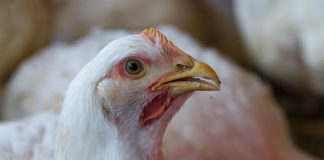
The sector has reached the highest level of employment since the last quarter of 2016. With at least 894 000 people employed, it is also significantly above the long-term agricultural employment average of 780 000.
The Quarterly Labour Force Survey, released by Statistics South Africa last week, shows that farm jobs increased by 2% year-on-year, and 0,8% quarter-on-quarter during the second quarter of 2023. This, while the overall employment rate in the country increased by only 0,6%.
Wandile Sihlobo, chief economist at Agbiz, attributed the increase to robust production conditions of various field crops, forestry and aquaculture. He noted that agriculture had prevailed despite facing significant challenges as a result of load-shedding.
“The various interventions to ease the load-shedding burden on farmers, like load curtailment, expansion of the diesel rebate to the food value chain, and private sector investment in alternative energy sources all supported the production conditions. This emphasises the need to safeguard the sector from the adverse consequences brought about by load-shedding,” Sihlobo said.
By province, the largest increase in agricultural employment was recorded in the Eastern Cape (34,4%), followed by Mpumalanga (24,9%), Limpopo (20,4%) and KwaZulu-Natal (3,3%). Western Cape, North West, the Free State, Gauteng and Northern Cape recorded decreases of 20,1%, 14,6%, 12,9%, 11,2% and 7,2%, respectively.
Agricultural organisations have however lamented the proposed increase of 9,6% in the national minimum wage. Agri SA said this would limit employment in the sector and sink farmers.
“Any increase in costs will further strain already hard-pressed farmers. As the sector battles to contain the costs associated with load-shedding, crumbling infrastructure and high input costs, this increase will further undermine food security and put much-needed jobs on the line,” said Johan Wege, chair of Agri SA’s Centre of Excellence for Labour.
He noted that the increase continued a trend of above-inflation increases for more than a decade, and that dwindling margins meant farmers could simply not afford the increase. Agri SA has instead proposed an increase of consumer price index minus 2%.
Cosatu, however, stated that it was not the minimum wage that would drive farmers out of business. “Rather,” said Matthew Parks, acting national spokesperson for Cosatu, “challenges with regards to reliable energy, water, global warming, agricultural diseases, deteriorating roads and rail, backlogs in our ports, farms being overly in debt, and lack of access to international markets will be the downfall of this sector. We are therefore working with government to resolve these issues.”











